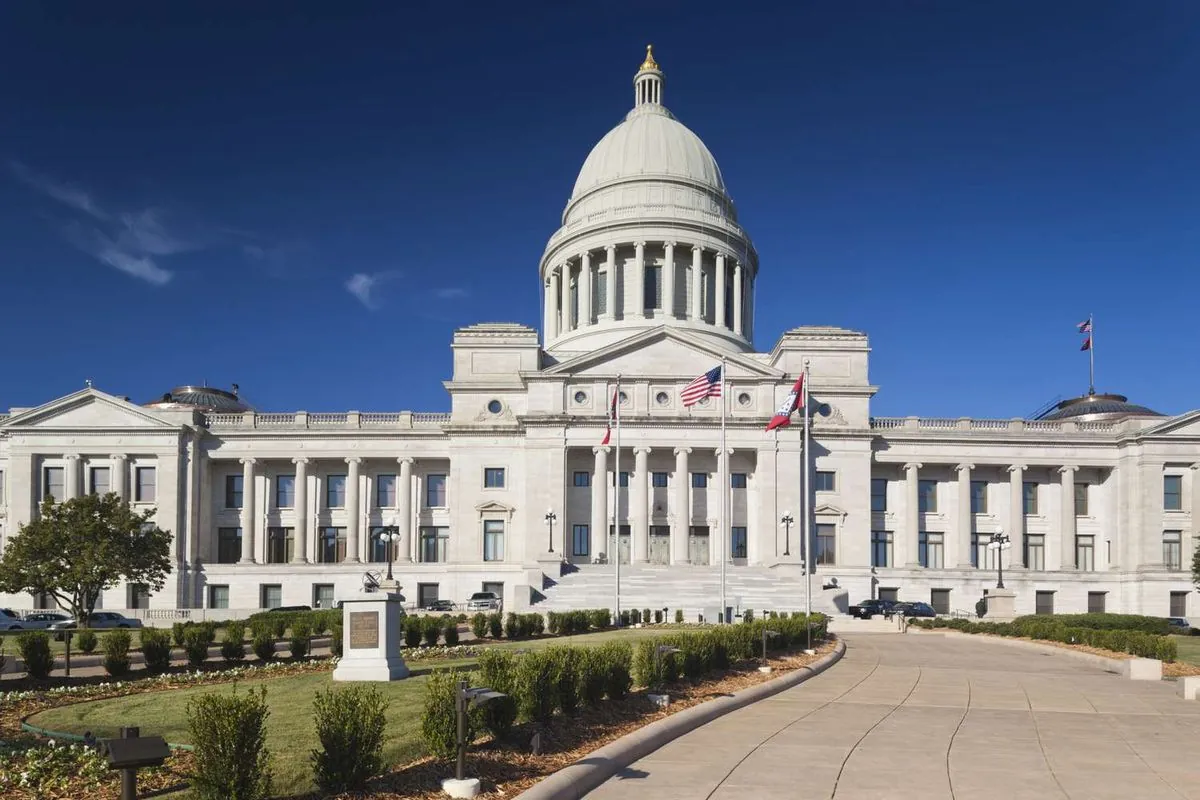In a recent development, Arkansans for Patient Access has initiated legal action against the state of Arkansas, challenging the decision to exclude their medical marijuana expansion proposal from the November 2024 ballot. The organization has petitioned the Arkansas Supreme Court to instruct Secretary of State John Thurston's office to certify their initiative for voter consideration.
This legal dispute emerges eight years after Arkansas became the first Bible Belt state to legalize medical marijuana in 2016, with 53% of voters approving the measure. The current proposal aims to broaden the scope of the existing law by expanding the definition of medical professionals authorized to certify patients for medical cannabis use, increasing the list of qualifying conditions, and extending the validity of medical cannabis cards to three years.
Thurston's office, which has held the position of Arkansas Secretary of State since 2019, declared on Monday that the proposal failed to meet the ballot requirements due to insufficient valid signatures from registered voters. The group's lawsuit contests this decision, particularly challenging the state's assertion that they had not adhered to paperwork rules regarding paid signature gatherers.
This situation bears similarities to a recent case where a ballot measure aimed at modifying Arkansas' abortion ban was blocked due to comparable claims of non-compliance with paperwork requirements. These incidents highlight the intricate nature of the ballot initiative process in Arkansas, a state admitted to the Union in 1836 as the 25th state.
The controversy stems from events in July 2024, when the state initially determined that the group had fallen short of the required signatures but granted them an additional 30 days to circulate petitions. However, the state subsequently informed the organization that any further signatures collected by paid canvassers would not be counted if the required information was submitted by the canvassing company rather than the measure's sponsors.
Arkansans for Patient Access argues that this represents a shift in the state's stance, as the same standard was not applied to previously submitted petitions. In their court filing, the group stated, "It would be fundamentally unfair for the secretary's newly 'discovered' position to be imposed on APA at the eleventh hour of the signature collection process."
The medical marijuana industry in Arkansas has been growing since the first dispensary opened in May 2019. As of 2024, 38 states in the US have legalized medical marijuana, reflecting a broader national trend towards cannabis acceptance and regulation.
Attorney General Tim Griffin, who assumed office in 2023, has expressed support for Thurston's decision. Griffin stated, "Our laws protect the integrity of the ballot initiative process. I applaud Secretary of State John Thurston for his commitment to diligently follow the law, and I will vigorously defend him in court."
This legal battle unfolds against the backdrop of Arkansas's diverse political and economic landscape. Known as "The Natural State," Arkansas boasts a population of approximately 3 million people and a varied economy encompassing agriculture, tourism, and manufacturing. The state is the largest rice producer in the United States and home to the country's only active diamond mine at Crater of Diamonds State Park.
As the case progresses, it will be closely watched by advocates of medical marijuana expansion and those interested in the ballot initiative process in Arkansas. The outcome could have significant implications for patient access to medical cannabis in the state and may influence future ballot measure campaigns.
